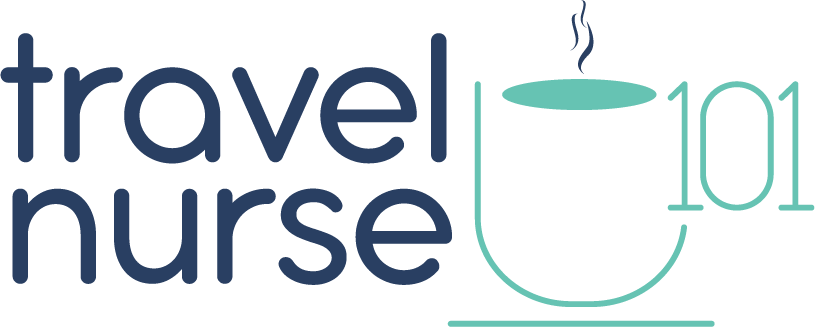Navigating the complexities of different healthcare environments is part of the challenge—and the beauty—of being a travel nurse. Every assignment brings new opportunities, new teams, and new dynamics, but with those fresh experiences comes the inevitable challenge of unit politics.
As a travel nurse, it’s crucial to maintain professionalism while steering clear of the often murky waters of workplace politics. Here’s how to stay above the fray and focus on what truly matters: providing excellent patient care and having the best travel experience possible
1. Remember Your “Why” and Keep Your Focus on Patient Care
Remembering your “why” helps maintain professionalism as a travel nurse by grounding you in your core motivations and purpose. Whether it’s the desire to make a difference in patient care, explore new places, or grow in your nursing career, staying connected to your “why” provides clarity and focus. It reminds you to uphold the highest standards, even in challenging situations, and encourages you to act with integrity and compassion. Your “why” serves as a compass, helping you navigate the complexities of each assignment and reinforcing your commitment to professionalism in every interaction and decision you make.
2. Build Relationships, Not Alliances
Connecting with your colleagues is important, but be cautious about forming alliances that can entangle you in unit politics. Instead, aim to build positive, professional relationships with everyone you work with. Be approachable, friendly, and willing to help out where needed. Jump in and help without being told what to do. Make sure to meet your manager in person during your first week of orientation so they can put a face to your name. Establishing that relationship early on can be really helpful if any issues come up during your assignment. This approach fosters a team-oriented environment, and I have found they usually are more welcoming and appreciative of my help.
Building solid relationships with your recruiter and agency is vital to a successful travel nursing experience. Open and honest communication is the foundation—be upfront about your needs, preferences, and any concerns you have. Take the time to get to know your recruiter, as they are your leading advocate; maintaining a positive, professional rapport can lead to better assignment matches and support. Regularly check in, provide feedback, and show appreciation for their efforts. A solid, trusting relationship with your recruiter and agency will ensure smoother assignments and a more enjoyable travel nursing journey.
3. Stay Adaptable and Positive
Adaptability is one of the most valuable traits you can possess as a travel nurse. Each new assignment will have challenges, and maintaining a positive, adaptable attitude is vital to thriving in these environments. Embrace change enthusiastically and be open to learning new ways of doing things. Your willingness to adapt demonstrates professionalism and earns your colleagues’ respect, who will see you as a valuable and flexible team member.
4. Set Boundaries With Grace
While being a team player is important, setting boundaries is equally crucial. Politely but firmly steer conversations away from gossip or negative talk. If someone tries to pull you into a political discussion, gracefully redirect the conversation to a more neutral topic or simply excuse yourself. Setting these boundaries early on helps establish your professional persona and protects you from getting drawn into unnecessary conflicts.
5. Be Consistent and Reliable
Consistency is a hallmark of professionalism. Strive to be reliable by showing up on time, completing your tasks efficiently, and maintaining a high standard of care. When your colleagues see that you’re dependable and focused, they’re less likely to involve you in politics because they recognize that your priority is your work, not the drama.
When accepting a travel nursing assignment, it’s essential to maintain reliability, especially during catastrophic events like hurricanes or severe weather. During your interview, always ask about the facility’s expectations for bad weather and hurricane teams. As a travel nurse, they rely on your commitment to provide care during these critical times, and understanding your role beforehand ensures you’re prepared to meet their needs. Being part of a disaster response team is a responsibility that requires flexibility, dedication, and a clear understanding of expectations to ensure patient care is maintained safely and effectively.
6. Reflect on Your Experiences
Finally, reflect on each assignment and what you’ve learned. What strategies worked well for staying out of politics? What could you have done differently? Reflection not only helps you grow as a professional but also prepares you for future assignments, allowing you to refine your approach to navigating unit dynamics.
As your mentor, I aim to set you up for success in every aspect of your travel nursing journey. Remember, maintaining professionalism and staying focused on patient care will always serve you well, no matter the dynamics of the unit. You protect your integrity and strengthen your reputation by remaining adaptable, respectful, and neutral in the face of unit politics.
Every assignment is an opportunity to grow, learn, and make a difference, and with the right mindset, you can thrive in any healthcare environment. Keep your focus on what truly matters, and success will follow. Happy Travels!


